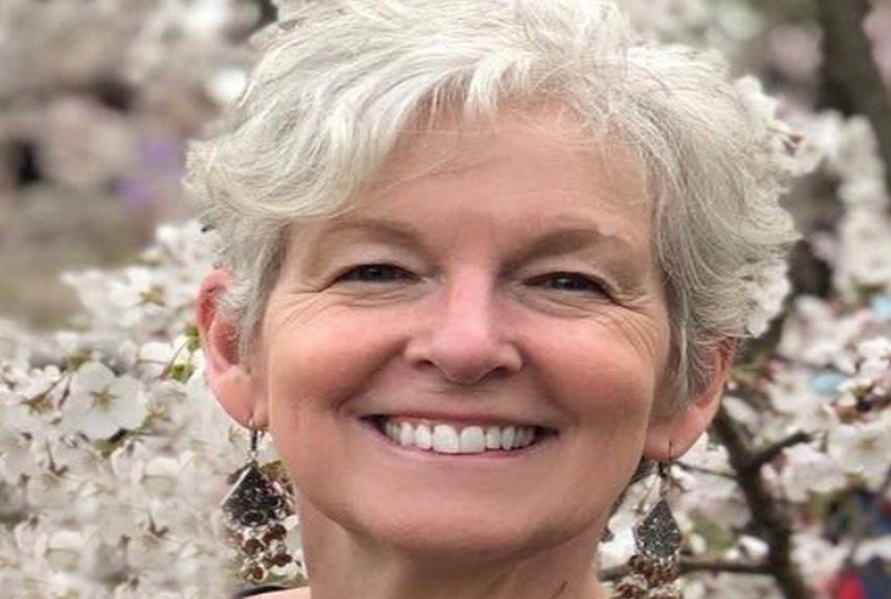
Ko Barrett has been named the Deputy Secretary-General of the United Nation’s (UN) World Meteorological Organization (WMO); she’ll assume her new term in April. Barrett was most recently NOAA’s senior advisor for climate. This appointment is the latest in a remake of the WMO’s Executive Management team under the new leadership of the WMO’s first woman and Latin American Secretary-General, Celeste Saulo from Argentina.
“I can think of no one better to serve in this role than Ko,” said NOAA Administrator Rick Spinrad, Ph.D.
“I’m thrilled to have my colleague, a distinguished U.S. scientist appointed as Deputy Secretary General of the WMO,” said Ken Graham, United States Permanent Representative to the WMO, and director of NOAA’s National Weather Service. “Ko will be the first U.S. citizen to serve on the senior executive management team at the WMO, where she will be poised to help WMO Members and the global community develop global early warning systems in response to extreme weather, water and climate events.”
In her role as Deputy Secretary-General, Barrett will manage the WMO’s technical departments and related programs, coordinating across the organization to enhance the efficiency and visibility of the WMO’s work. This includes managing the budget, resources and risk management of the WMO, among other tasks. Most important, Barrett and the new WMO Executive Management team will be charged with implementing the WMO’s top priorities, including: The global expansion of Early Warning Services; enhancing the socio-economic value of weather, climate, hydrological and related environmental services; and advancing diversity and inclusion across the organization.
“I could not be happier to join the WMO’s Executive leadership team as Deputy Secretary General under Secretary General Celeste Saulo at this vitally important time,” said Barrett. “In this role, I look forward to helping bring global partners closer together to effectively, sustainably and justly address our biggest challenges.”
The United States is a major contributor to the work of the WMO and derives significant economic and national security benefits from the multilateral coordination facilitated by the WMO. Cooperation through the WMO enables the global exchange of weather, water and climate data to enhance our national forecasts and warnings for the protection of lives and property, enhanced services for international aviation, collaborative international research programs and coordinated studies of climate and climate change. According to NOAA, Barrett’s appointment confirms the importance of this connection and shared priorities.